The feeling of torque on various rotating or non-rotating mechanical components is detected using torque sensors. The torque sensor transforms the exact electrical data produced by torsion’s physical changes. A torque sensor is an electronic instrument used to track, record, and control the linear and rotational forces applied to it. It is intended to interact with actual physical items in its environment because it is a contact sensor. Read More…..
Our load cells are manufactured with the highest attention to detail at all stages. Whether it is through the design stage, engineering stage, or through hundreds of tests run daily, we ensure that our products outshine all competitor products.
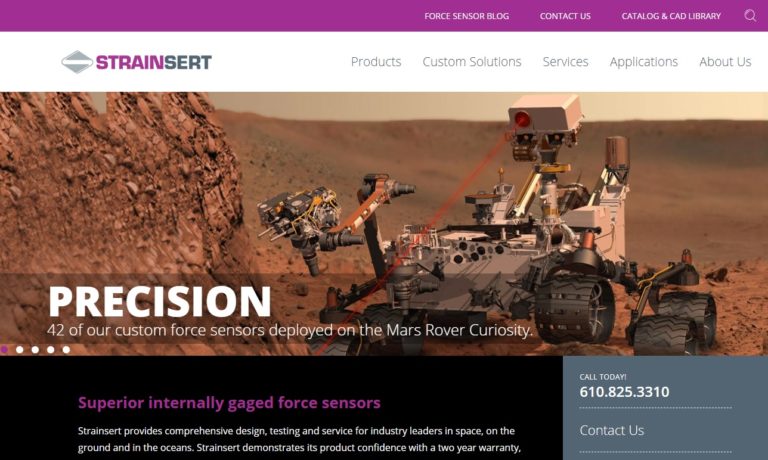
Founded in 1985, Load Cell Central has firmly established its reputation as a leader in load cell manufacturing, custom weighing system integration, and first-class load cell repairs. Load Cell Central offers a wide variety of popular load cell and component configurations for virtually every new or old weighing system, scale or component replacement possibility. Technical and after-sale support, ...
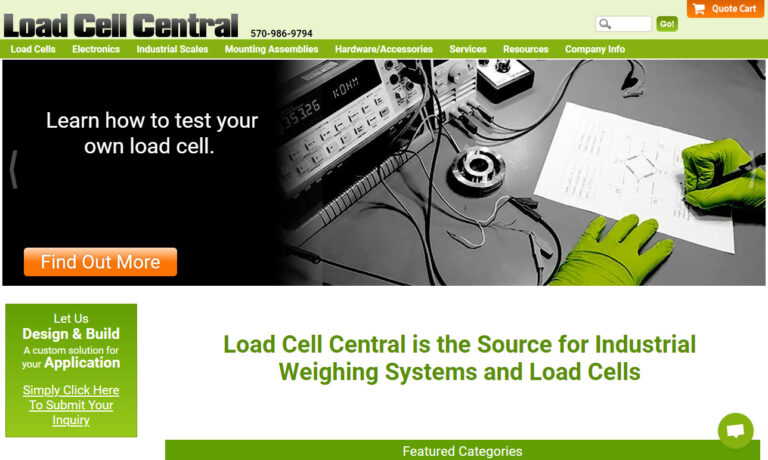
At TyTek Industries we manufacture load cells to suit all capabilities. Our expertise has provided insight and load cell solutions for a range of customers and industries. Our engineering team’s philosophy ensures we do everything humanly and technologically possible to match your requirements with quality, cost and delivery. We’re here to help you carry the load.
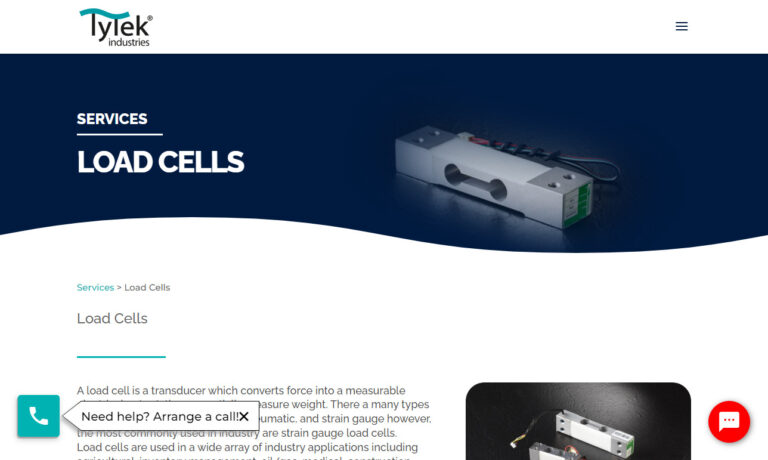
SENTRAN's corporate charter is to manufacture and market premium quality load cells. SENTRAN serves the biomedical, pharmaceutical, food and beverage, material handling, aerospace, automotive, agricultural, fitness and health, petrochemical and off-shore industries. SENTRAN’s experienced and knowledgeable workforce is capable and ready to find the solution that’s right for you. Call now!
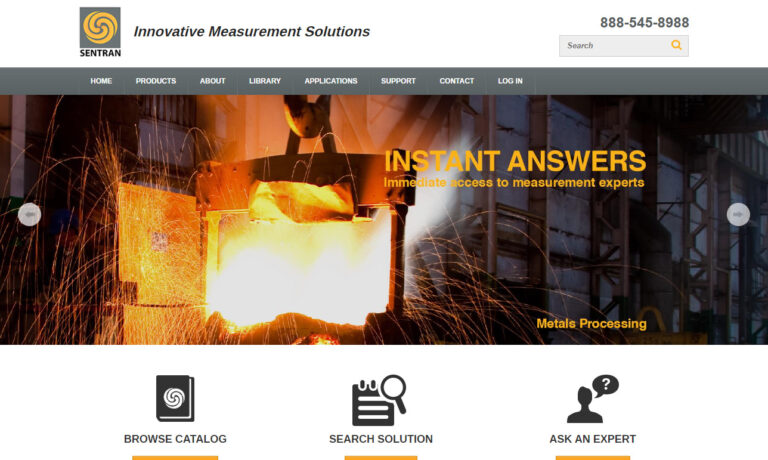
Since 1976, Toledo Integrated Systems has developed force measurement, tonnage monitoring and press control systems for some of the finest manufacturers in the world. We have created many of the innovations that have set the standard for force measurement today. Products include: strain gage sensors and load cells, we’ve also expanded to tonnage monitors, load modules, die protection.
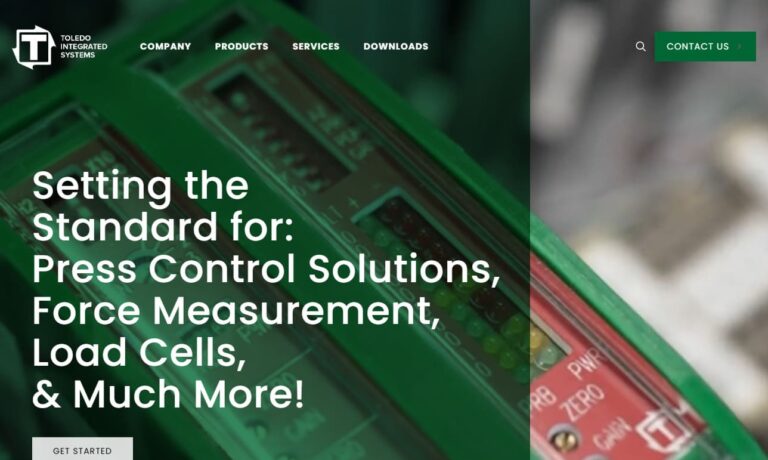
More Torque Sensor Manufacturers
Torque sensors work in various weather situations and environmental factors to reduce interference from sound waves and debris. A torque sensor can send digital or analog data and detect static or dynamic forces, depending on the model and intended use.

Types of Torque Sensors
Rotary Torque Sensors
Rotational sensors, also known as dynamic torque testers, are used when it is necessary to detect the torque at a rotating shaft, engine, or stationary motor. In this scenario, the shaft-attached transducer must rotate in line. A slip ring or wireless electronics are installed on a rotary torque transducer to convey the torque signal while rotating (non-contact sensor). Electric (pneumatic, hydraulic) torque wrenches and viscometers can be made using rotary torque sensors. High precision, quick frequency response, good dependability, and long life are some of its benefits.

Between the motor and the load is a coupling that measures rotating torque, also referred to as rotary torque measurement. The torque the motor produces in response to the load placed on the spinning shaft is measured by the torsion sensor as the shaft rotates. Encoders are incorporated into several rotary sensors. These encoders track the angle and speed generated. In addition, on-site digital displays can be used to monitor torque data successfully.
Rotary torque transducers are frequently used to measure rotating torque as testing and auditing equipment for motors, torque-measuring equipment, turbines, and generators. A shaft-to-shaft rotating torque sensor can also be used for torque measurement of rotating shafts utilizing a strain gauge and torque analyzer and for feedback control, monitoring torque, and efficiency analysis of test stands.
Reaction Torque Sensors (Moment Sensors or Response Sensors))
A moment sensor or response sensor are other names for a reaction sensor. Two mounting flanges are on a reaction torque sensor (flange-to-flange sensor). Both faces are attached to a rotating shaft or another rotary element, with one anchored to the surface or a rigid structural member. Shear forces produced by rotation between the flanges are measured by foil strain gauges attached to the sensor beams and converted into electrical current by the Wheatstone bridge.
For a specific application, such as measuring motor torque, a response sensor is frequently less sophisticated and more affordable than a rotational sensor. As a torque calibration instrument or torque wrench calibration tool, reaction torque transducers are widely employed. Engineers can get real-time input on the torque and conduct studies on the torque exerted during assembly using reaction torque sensors, which can also be utilized as small torque wrenches. Steering torque sensors are used in the automotive industry for several applications, including validating and verifying steering systems.

Non-Contact Torque Sensors
The non-contact torque sensor's input shaft and output shaft are connected by a torsion bar, the input shaft has splines, and the output shaft has a keyway. The steering wheel's rotation bends the torsion bar, which changes the relationship between the input shaft's splines and the output shaft's keyway. The magnetic induction on the spline changes due to the torsion bar, which changes the relative displacement of the spline and the keyway. The change in magnetic induction is transformed through the coil into a voltage signal. The non-contact torque sensor has a long life and great reliability because of its non-contact functioning technique. As a result, it has a shorter delay and is less susceptible to wear. In addition, the axial offset and shaft deflection have less impact on the non-contact torque. As a result, the auto industry has made extensive use of it.

The strain-type is among the most widely used non-contact torque sensors. Contactless sensors of the strain type use wireless transmission. The conductive slip ring and brush arm used for the contact strain gauge sensor's output signal have been replaced with wireless transmission modules due to advancements in science and technology and the creation of wireless transmission technology. As a result, it eliminates wear between the brush arm and conductive slip ring and increases measurement accuracy.
Six-Axis Sensors
The six-axis sensor is the most widely used kind of force torque sensor. This specific sensor can measure forces in all directions. Strain gauge technology is typically used in six-axis torque sensors; when pressure is applied, the resistance within the gauge rises or falls according to the force it receives. The sensor uses this method to gauge how its external frames move concerning one another. Robotic arms have six-axis sensors at the "joint."

Applications of Torque Sensors
Applications for torque sensors include AC/DC motors, servo motors, and stepper motors.
- Torque sensors can be used for the vehicle body's overall rigid torsion, the diesel engine, the steering system, and the control and detection of processing of other parts.
- Electric (manual) actuators automatically open and close various valves.
- Torque sensors are used in ore screening control, oil extraction and refining process control, fire (water) power generation equipment monitoring, and wind power generation equipment monitoring.
- Torque sensors test the torque life of various materials.
- They identify different motors, pumps, windlasses, rotary machines, CNC, and automatic machine tools' torque, power, and rotating speed.
- They calibrate and test electric (pneumatic, hydraulic) torque wrenches and viscometers.
Choosing the Correct Torque Sensor Supplier
To ensure the most beneficial outcome when purchasing torque sensors from a torque sensor supplier, it is important to compare several companies using our directory of torque sensor suppliers. Each torque sensor supplier has a business profile page highlighting their areas of experience and capabilities, along with a contact form to directly communicate with the supplier for more information or request a quote. Review each torque sensor business website using our patented website previewer to quickly learn what each company specializes in. Then, use our simple RFQ form to contact multiple torque sensor companies with the same form.





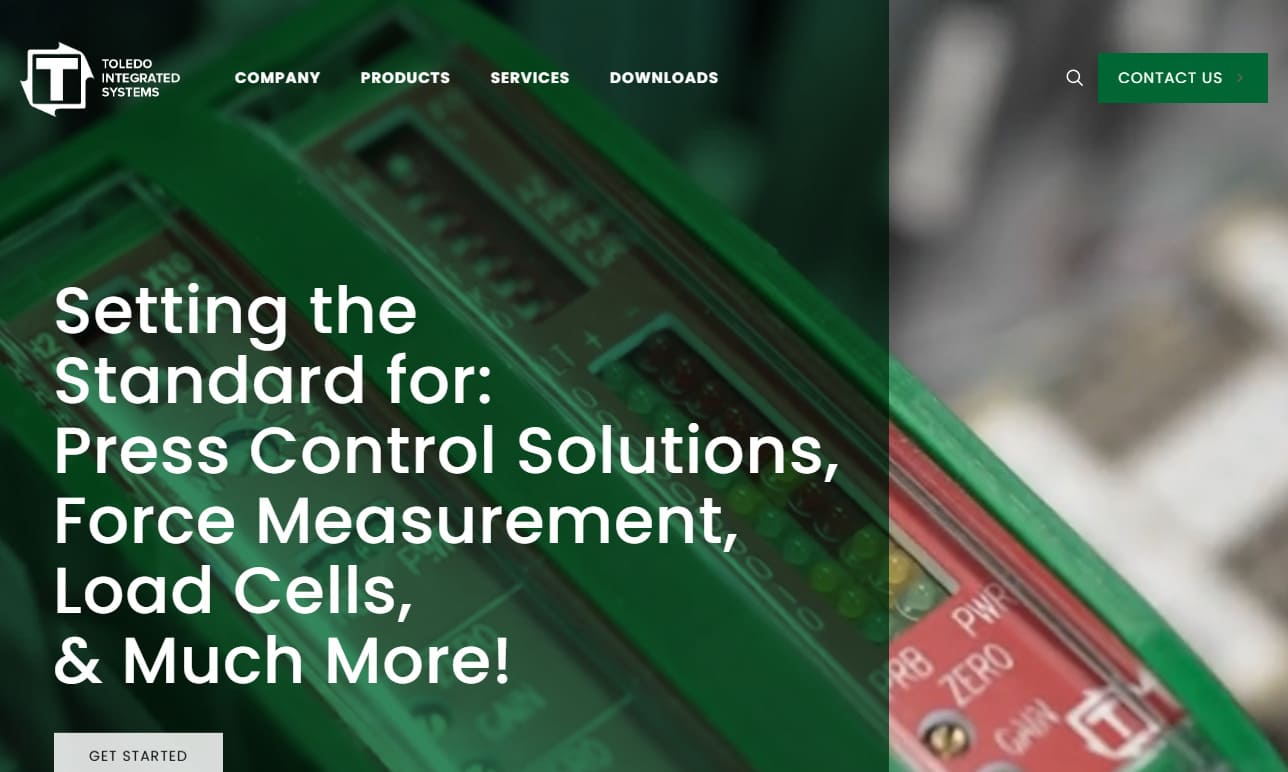
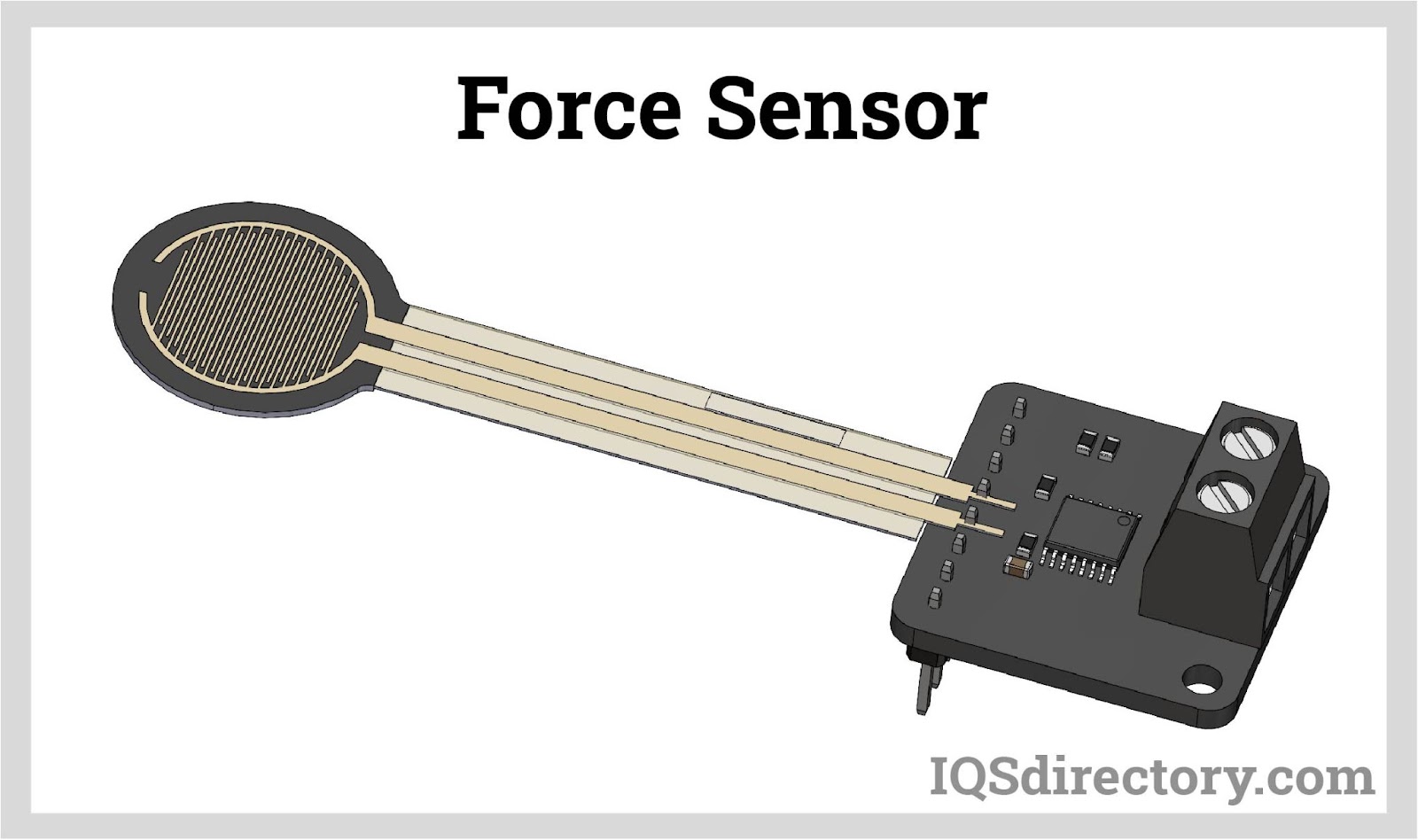
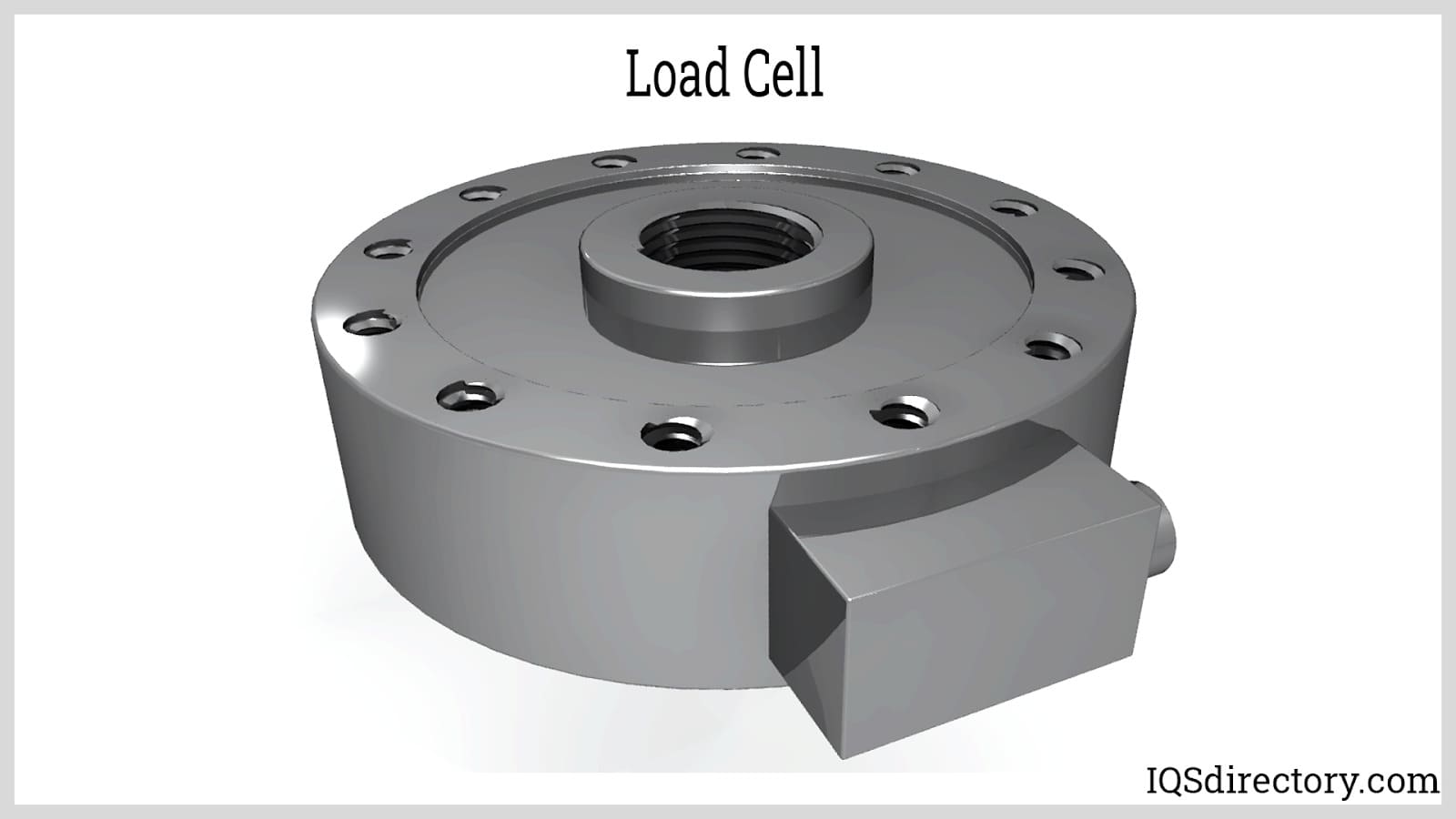
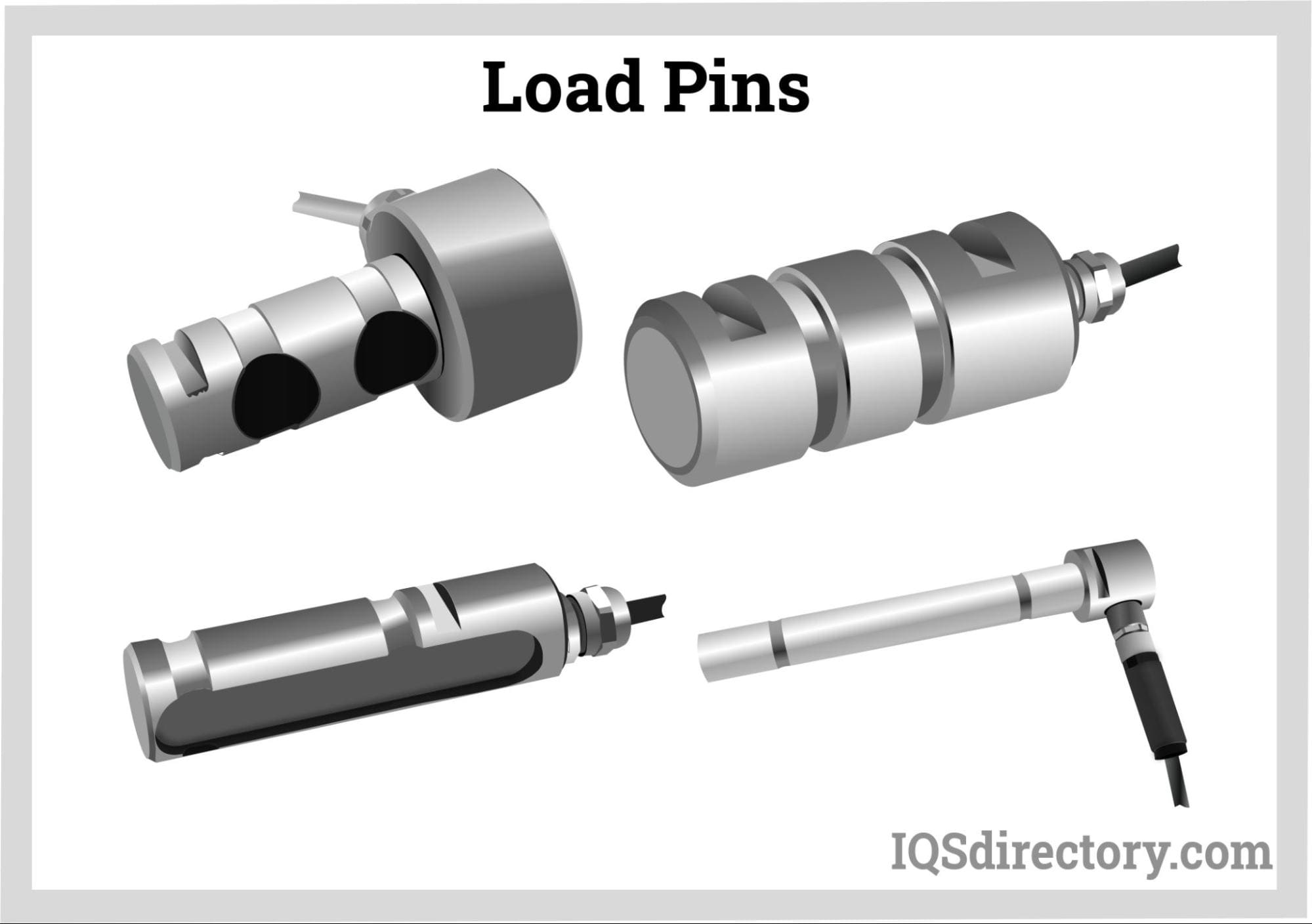
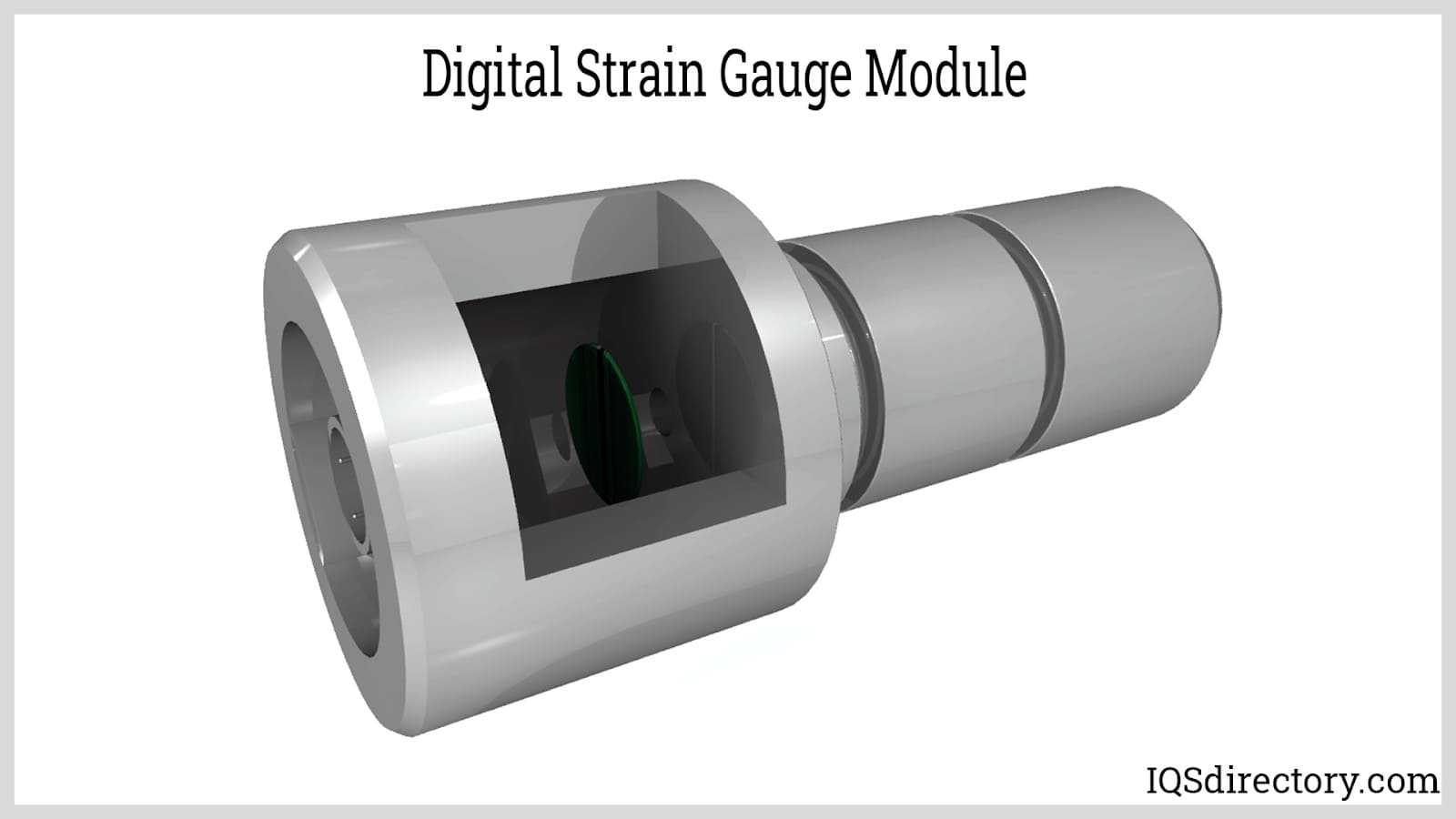
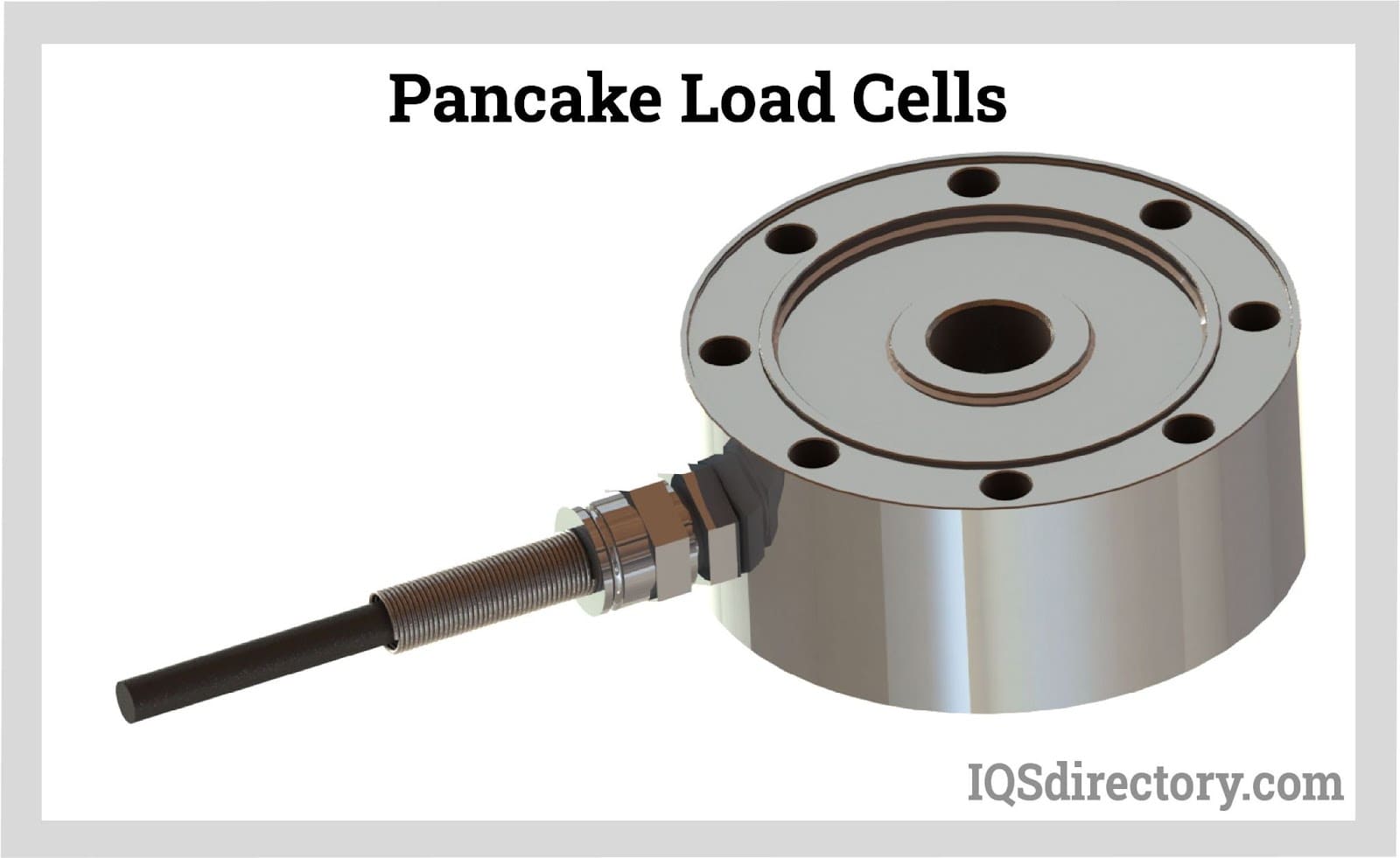
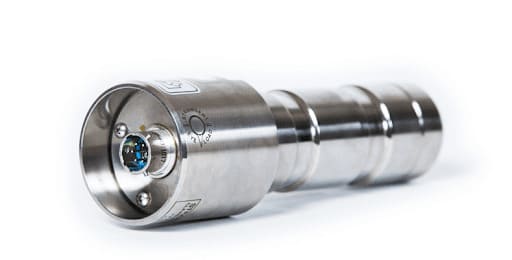
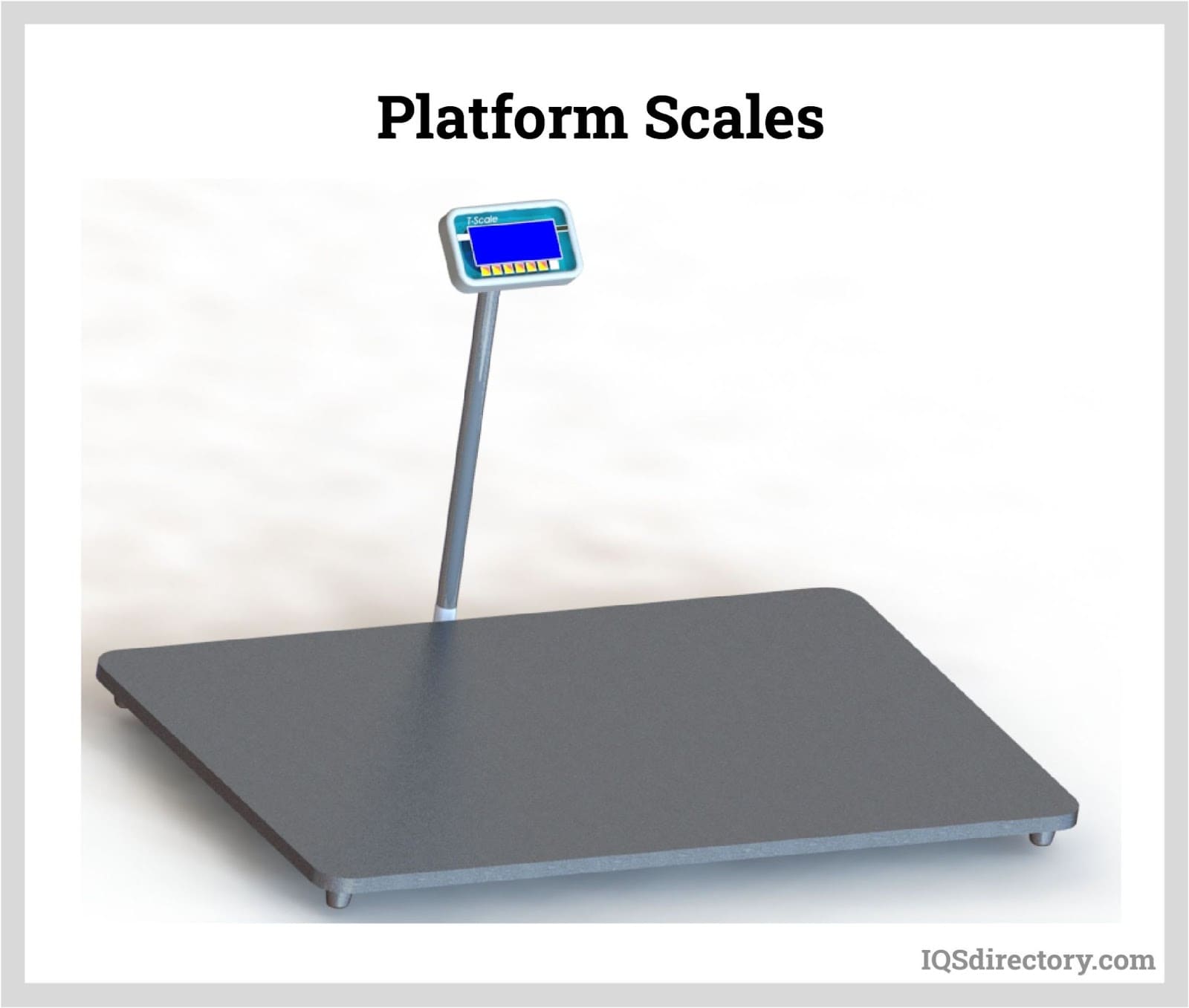
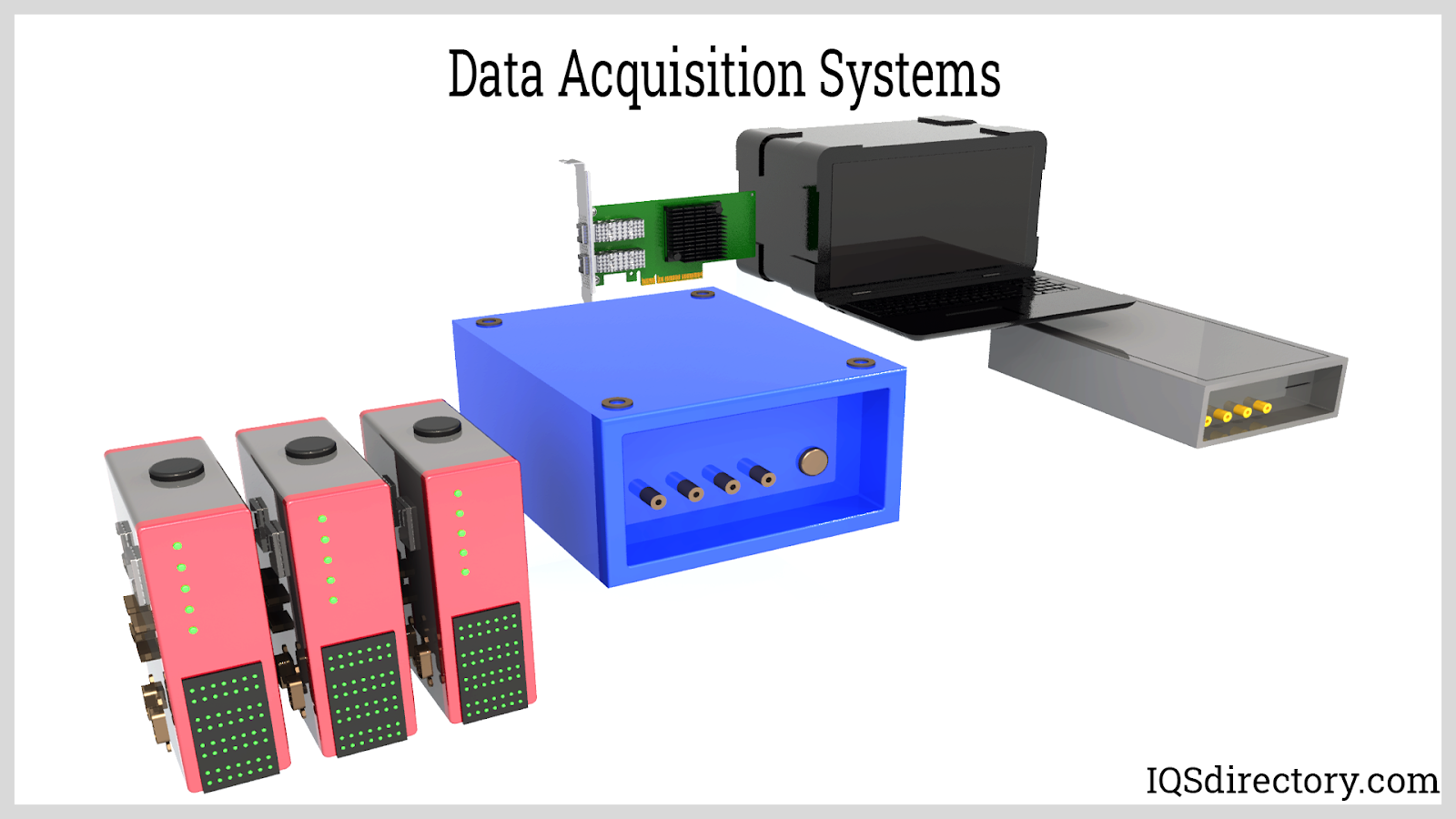
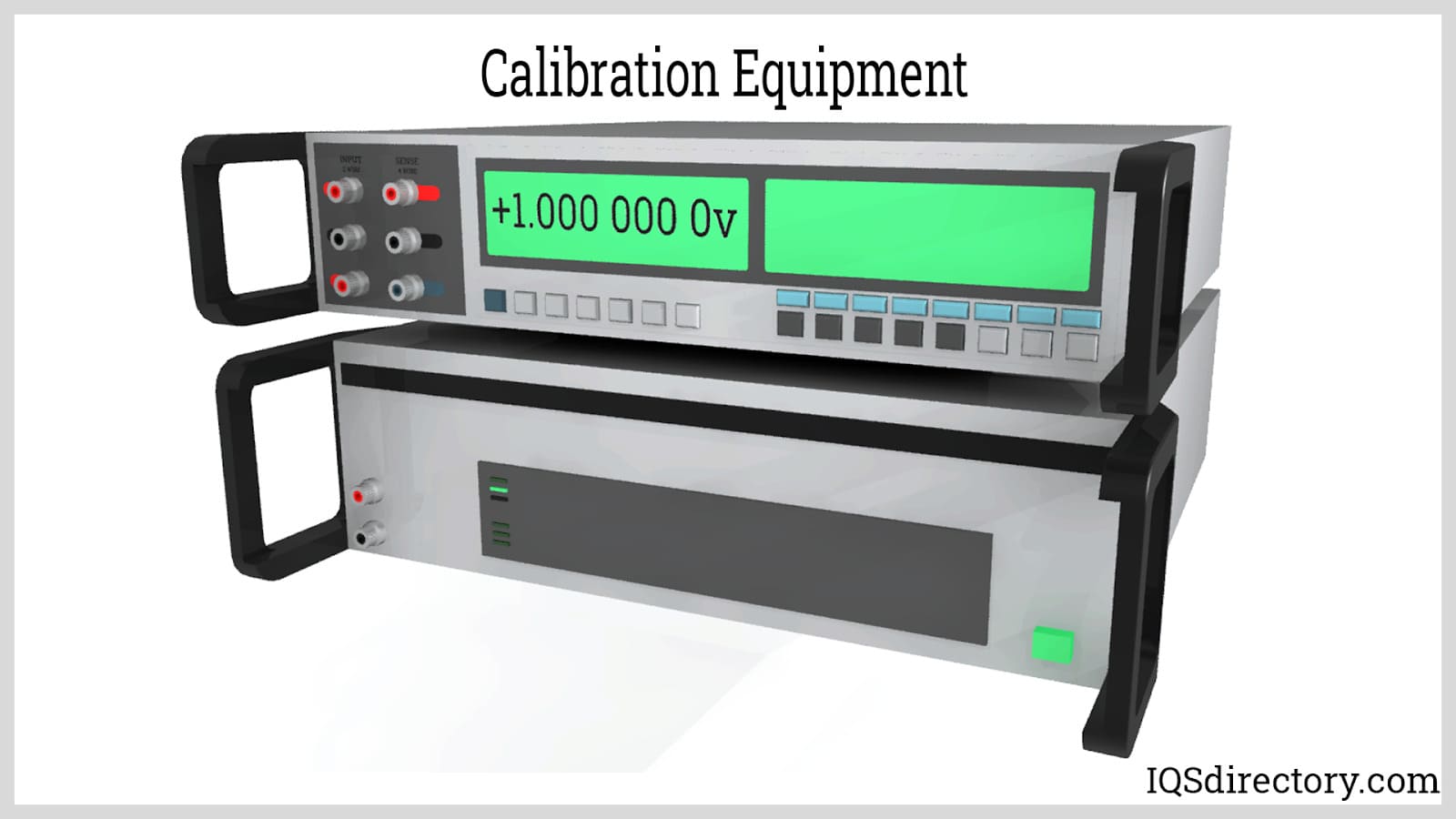
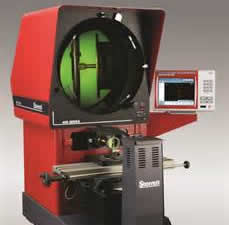 Calibration Services
Calibration Services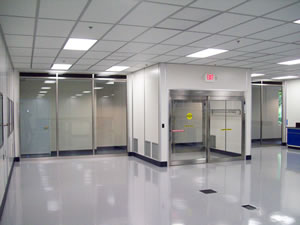 Clean Rooms
Clean Rooms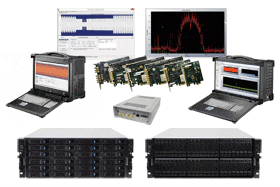 Data Acquisition Systems
Data Acquisition Systems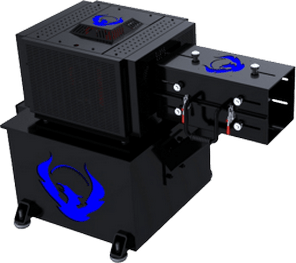 Dynamometers
Dynamometers Environmental Test Chamber
Environmental Test Chamber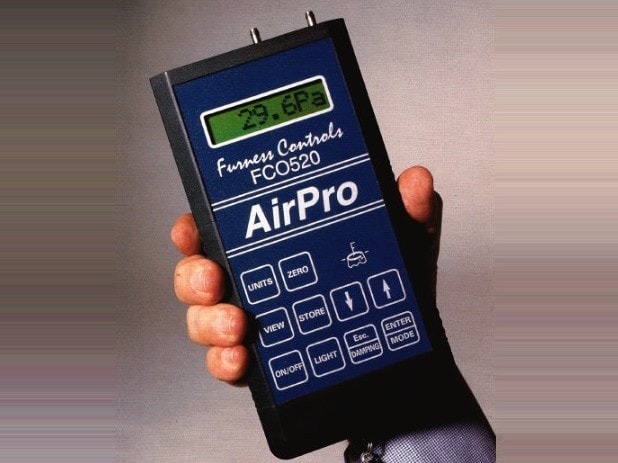 Leak Detectors
Leak Detectors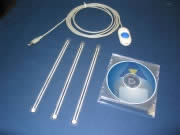 Load Cells
Load Cells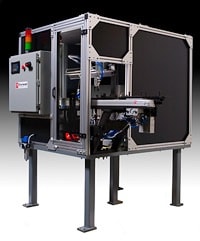 Machine Vision Systems
Machine Vision Systems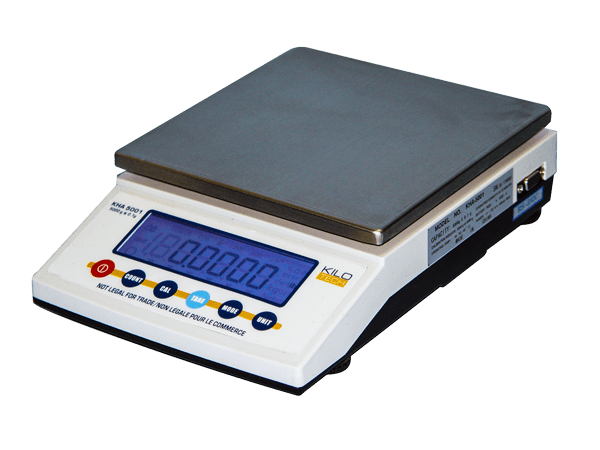 Scales
Scales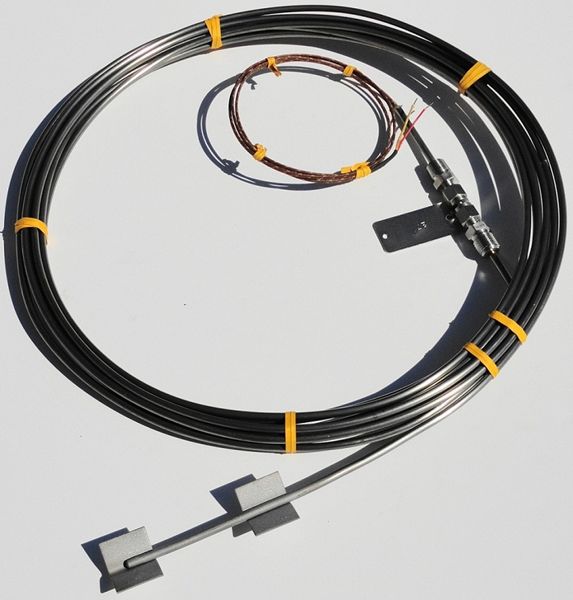 Thermocouples
Thermocouples Castings & Forgings
Castings & Forgings Bulk Material Handling
Bulk Material Handling Electrical & Electronic Components
Electrical & Electronic Components Flow Instrumentation
Flow Instrumentation Hardware
Hardware Material Handling Equipment
Material Handling Equipment Metal Cutting Services
Metal Cutting Services Metal Forming Services
Metal Forming Services Metal Suppliers
Metal Suppliers Motion Control Products
Motion Control Products Plant & Facility Equipment
Plant & Facility Equipment Plant & Facility Supplies
Plant & Facility Supplies Plastic Molding Processes
Plastic Molding Processes Pumps & Valves
Pumps & Valves Recycling Equipment
Recycling Equipment Rubber Products & Services
Rubber Products & Services